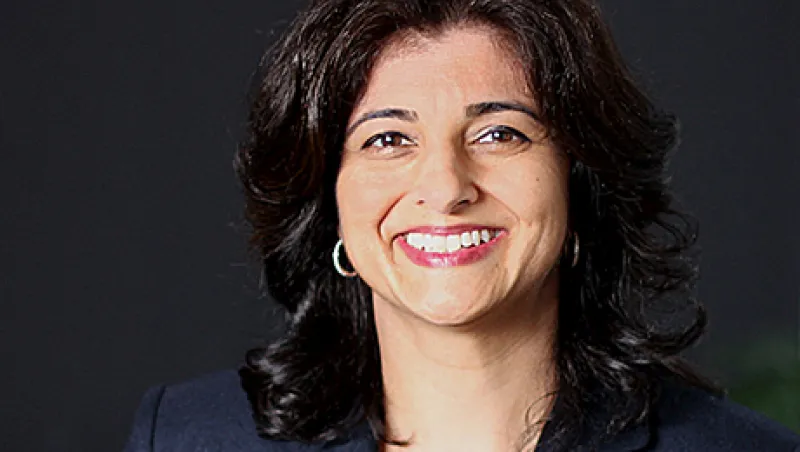
Seema Hingorani Champions Female Talent with Girls Who Invest
The ex-CIO of the New York City retirement system has launched a program that encourages young women to pursue careers in asset management.
Frances Denmark
October 21, 2015


